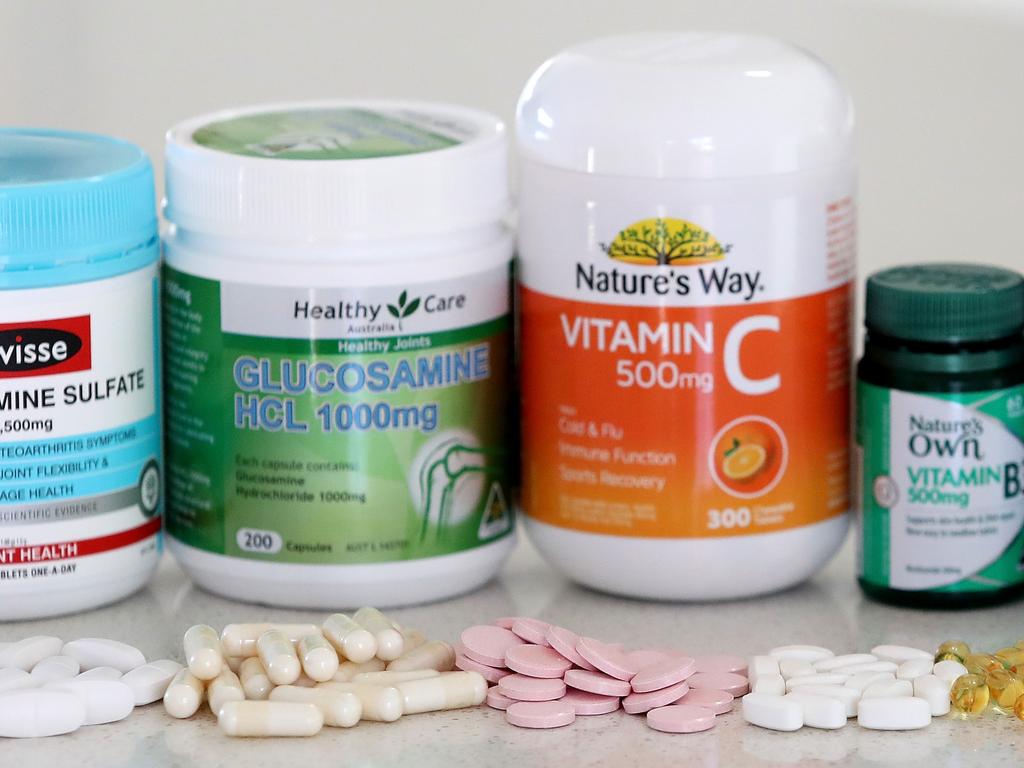The health supplement industry in Australia has witnessed significant growth over the past few years, primarily due to its high standards of safety, quality, and efficacy. When Australian health supplement companies ventured into the Chinese market, they encountered a consumer base eager for authentic, safe, and effective health products. This case study explores the success factors behind Australian health supplements in China and evaluates the consumer reception.
Background
Australian health supplements are renowned globally for their natural ingredients and strict manufacturing standards. China, with its large population increasingly focused on health and wellness, presented a lucrative market for these products. The rising middle class, coupled with increasing health awareness and changes in lifestyle, propelled the demand for dietary supplements.
Market Entry
Australian companies approached the Chinese market with a well-planned strategy that involved:
- Regulatory Compliance: Navigating China’s complex regulatory environment was crucial. Companies invested in understanding and complying with local regulations regarding supplements, including ingredient approvals and labeling requirements.
- Brand Positioning: Positioning their products as premium and emphasizing Australian origins, associated with purity and quality, helped differentiate them from local and other international products.

Success Factors
1. Quality and Safety
- Perceived Purity: Australian products are often perceived as more ‘clean’ and ‘pure’ due to Australia’s clean environment and strict quality controls.
- Regulatory Compliance: Adhering to both Australian and Chinese health regulations built trust and credibility among Chinese consumers.
2. Effective Marketing Strategies
- Cultural Adaptation: Marketing campaigns were tailored to Chinese cultural contexts, emphasizing health, longevity, and quality of life, which resonate well with local values.
- Digital Marketing: Utilizing China’s robust e-commerce and social media platforms like WeChat and Tmall to educate consumers and promote products directly.
3. Strong Local Partnerships
- Distribution Networks: Establishing partnerships with local distributors who understand the Chinese retail landscape was pivotal.
- Collaborations with Healthcare Professionals: Collaborating with Chinese healthcare professionals who can endorse the supplements increased their acceptance.
4. Consumer Education
- Health Benefits: Comprehensive consumer education regarding the health benefits of the supplements helped in building a knowledgeable customer base.
- Transparency: Providing clear information about ingredients, benefits, and proper usage instructions helped in gaining consumer trust.

Consumer Reception
Positive Aspects
- Health Consciousness: Chinese consumers, particularly the younger and middle-aged demographics, showed a keen interest in health supplements that promise wellness and preventive health benefits.
- Brand Loyalty: Once trust was established, Chinese consumers exhibited strong brand loyalty, especially towards brands that consistently delivered on their promises of quality and efficacy.
Challenges
- Competition: The market is highly competitive, with numerous domestic and international brands vying for consumer attention.
- Counterfeit Products: The prevalence of counterfeit products posed significant challenges, impacting brand trust and consumer confidence.
Key Learnings
- Importance of Adaptation: The success of Australian health supplements in China underscored the importance of cultural and market adaptation.
- Continuous Engagement: Ongoing consumer engagement and education were crucial in maintaining market presence and expanding the consumer base.
- Innovation: Continuously innovating product lines in response to market trends and consumer feedback helped keep the offerings relevant and competitive.

Conclusion
The success of Australian health supplements in the Chinese market can be attributed to a combination of high-quality products, effective market entry strategies, and adaptative marketing. These elements, combined with a deep understanding of consumer needs and local market dynamics, have helped Australian brands establish a strong foothold in one of the world’s largest and most competitive markets. This case study demonstrates that thorough preparation, commitment to quality, and strategic partnerships are essential for international success in the health supplement industry.


